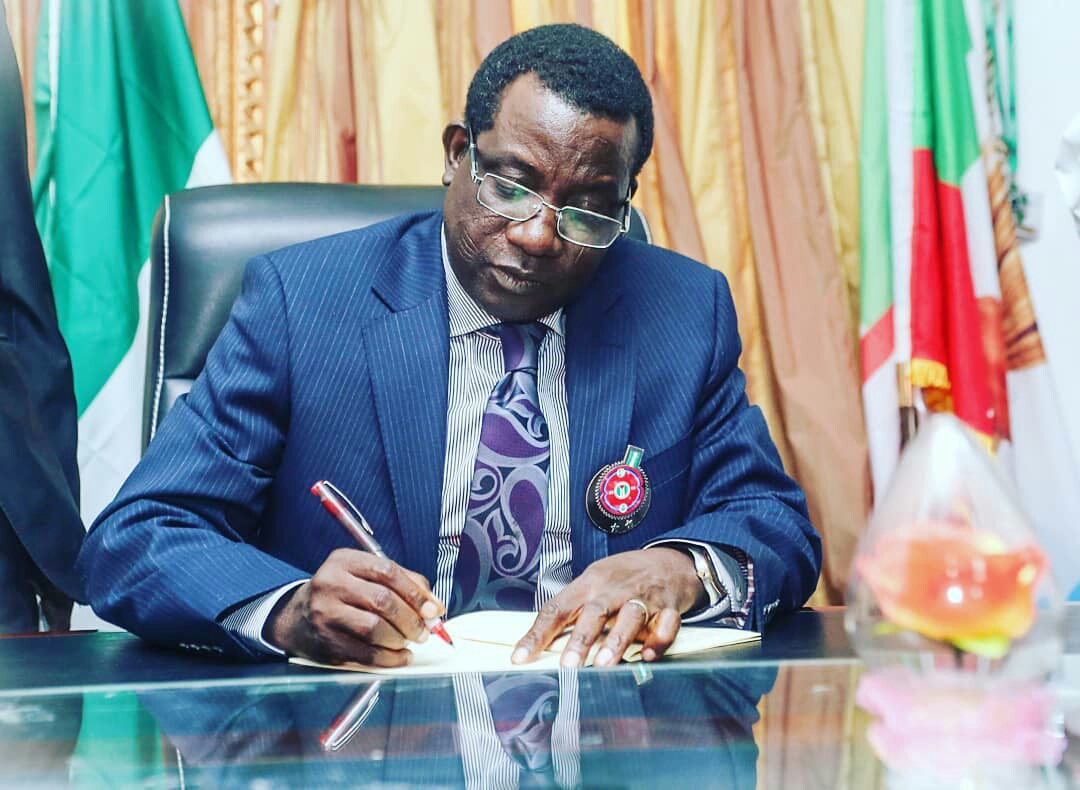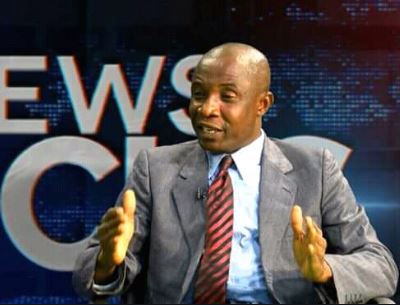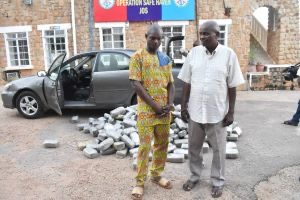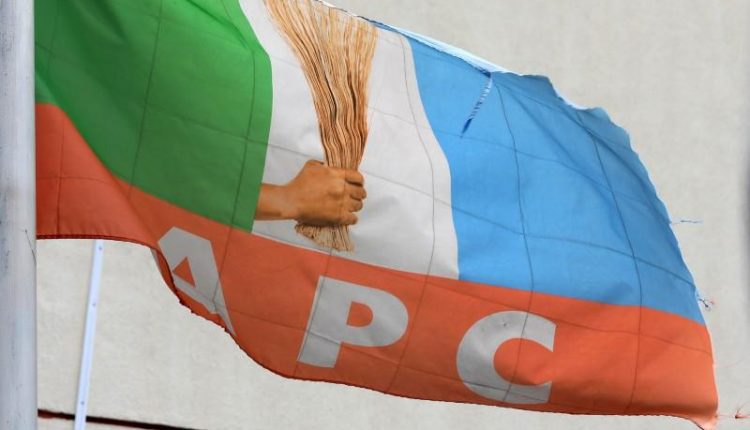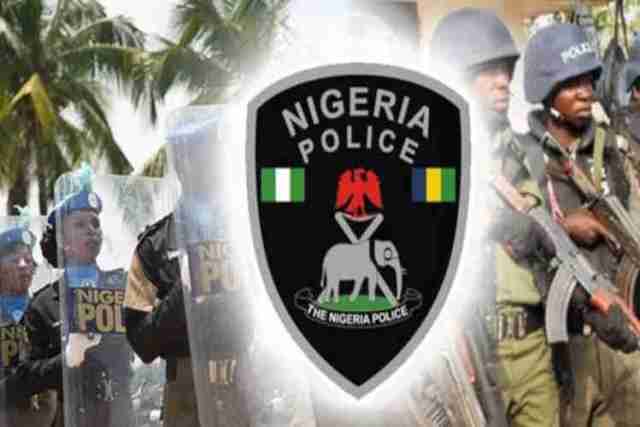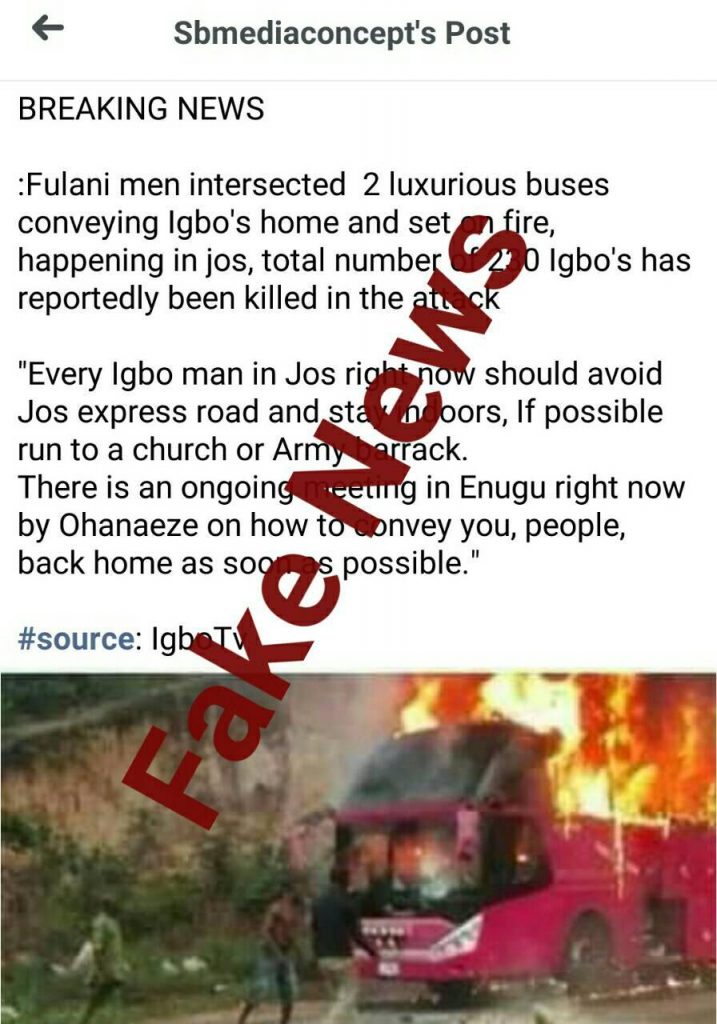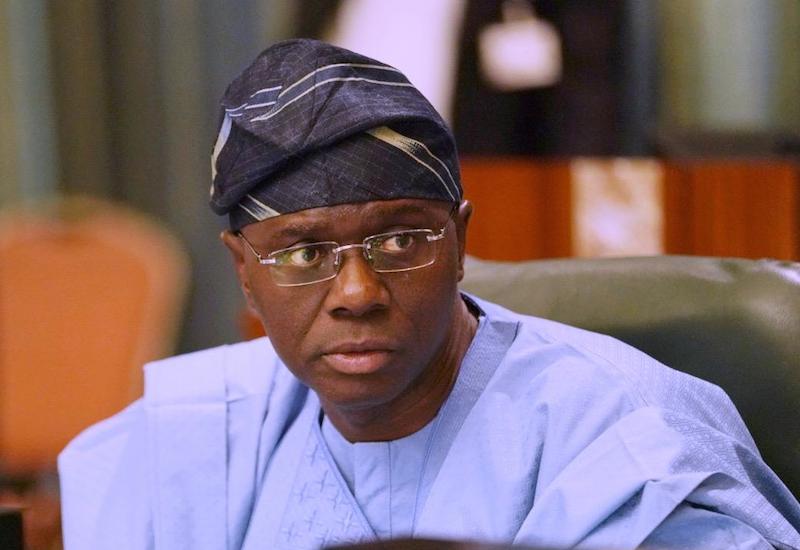By Carl Umegboro
The unending records of killings of people in Benue State – one of the states in Nigeria must not continue unabated. The menaces characterize a failed society without leadership. The incessant mayhems – massacres and destruction of possessions, be it ethnic, religious or politically-motivated must stop. Human lives cannot continue to be wasted as if in Hollywood or Nollywood tragedies, or as if they are animals for slaughter in abattoirs. The countless lives lost in those crisis are gone for eternity. The huge losses, injuries and destruction of properties are real and not like those Chico Ejiro’s screenplays. Many families have lost loved ones including parents, innocent children and treasured members of the family to the heinous crimes against humanity. It has become a case of endless dirges and mourning.
Over time, Benue state governor, Samuel Ortom has always bashed President Muhammadu Buhari on account the herdsmen are mostly from Fulani, the president’s ethnic nationality. Observably, these have become the governor’s visible actions to the endless violent disturbances and genocides. Meanwhile, the helpless people under his watch are on regular basis butchered or gunned down by their rivals. The negligence leaves much to be desired of a state governor.
Measuring from Section 14(2)(b) of the 1999 Constitution as amended, which provides “the security and welfare of the people shall be the primary purpose of government”, the governor has failed in his duties to protect lives and properties in his domain. A leader must be proactive. There’s no strong excuse that can justify the endlessness of the horrible scenes in Benue. Propagandas can wait. A state governor must take charge and ensure that the territory is cool and calm at every point in time. Splendidly, President Buhari had charged governors to take charge in their domains.
Remarkably, Kogi state which is adjacent to Benue had earlier witnessed similar ugly scenes but the governor, Yahaya Bello sat down and fashioned a lasting solution that successfully tamed the deadly regular violence in Kogi. The governor convened a stakeholders meeting involving warring groups, set up a joint committee involving host-communities, farmers and herdsmen with powers to monitor activities and control excesses to prevent retributive or retaliatory violence which usually escalates losses in the area.
With the joint committees in place, any person be it from the host-communities, farmers or herdsmen that violates the rules will be sanctioned and made to pay for damages after evaluation by the committees. Among the rules is that if a cow enters a farm and damages occurred, all expected from the farmers is to report to the committee, and not to retaliate by attacking the cows or herdsmen. As soon as the committee establishes the allegations, the damages will be evaluated for the owners of the cows to pay to the farmers without delays. By this mechanism, anyone taking laws into his hands from any sides will also be sanctioned accordingly. And it has worked excellently and still working to date.
Instructively, Former US President, Ronald Reagan once said, “Peace is not absence of conflict, it is the ability to handle conflict by peaceful means”. Similarly, an American political theorist, Saul Alinsky said, “Change means movement. Movement means friction. Only in the frictionless vacuum of a nonexistent abstract world can movement or change occur without that abrasive friction of conflict.” Likewise, Lawrence Butler, a US Ambassador to the Republic of Macedonia from 2002 to 2005 in a remarks said, “If war is the violent resolution of conflict, then peace is not the absence of conflict, but rather, the ability to resolve conflict without violence.”
Put these remarks together, it points to one direction – conflict is inevitable in human existence, and occurs in all levels of human society – at home, across ethnic groups, business relations, amongst others. In other words, it’s difficult to eliminate differences considering that each person has his thoughts in all cultures, races and societies.
Suffice to say that oversights of Benue government in controlling the conflicts amounts to weakness and a failure of the administration. It makes no sense that people that elected the leaders are frequently sent to their early graves and the governor who is the chief security officer of the state only stands by to attack the President as if the dead bodies can be revived afterwards with the blusters. The Constitution proactively empowers governors with security votes.
Perceptively, it has become a pattern of politicians particularly public officeholders that are bereft of ideas to resort to verbal attacks craftily to divert attentions. This was abundantly witnessed during the tenure of Ayo Fayose as Ekiti governor. All that the people got from the administration was name-calling – ‘clueless, damaged brain’, or whatever came to his mouth and mind. No significant impact or accomplishments for the state throughout the period.
Again, many have called for absolute ban of open-grazing on account it is antediluvian and promotes ethnic crisis in the society. Admitted, that’s a good idea and supports civilization. However, it can realistically succeed by gradual process and not immediate ban as cattle-rearing has existed for centuries and become a livelihood to some persons. Some grew up as herders, thus, instant ban without adequate planning and reorientation may not succeed considering that herders are nomadic; moving with cattle from one location to another through the bush without even knowing when they cross boundaries.
In other words, Bello’s approaches in establishing ethnic-based conflict resolution committees in Kogi for a lasting peace between host-communities and herders are worthy of emulation. So, Mr Governor, take charge and stop the bloodbaths. The hate, inciting-speeches against other ethnic groups, added to rants every now and then, against presidency cannot birth a solution but escalate crisis. Ortom must therefore strategically change approaches for a lasting peace in Benue. Ditto to Plateau governor, and other states constantly facing ethnic and religious crisis that always results to bloodbaths. People’s lives matter.
Umegboro, ACIArb is a certified arbitrator, public affairs analyst and social crusader.
